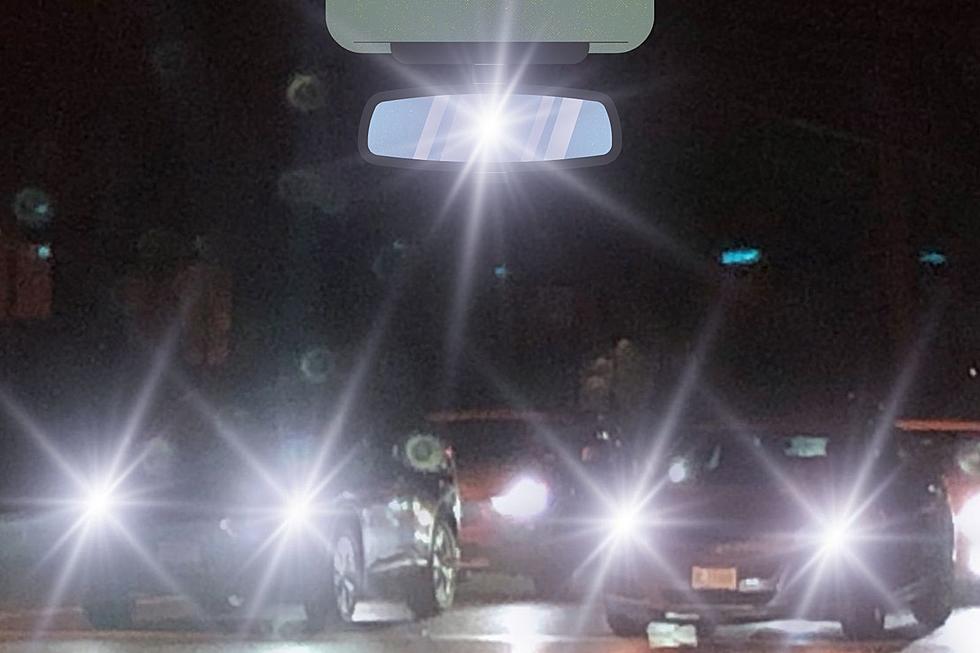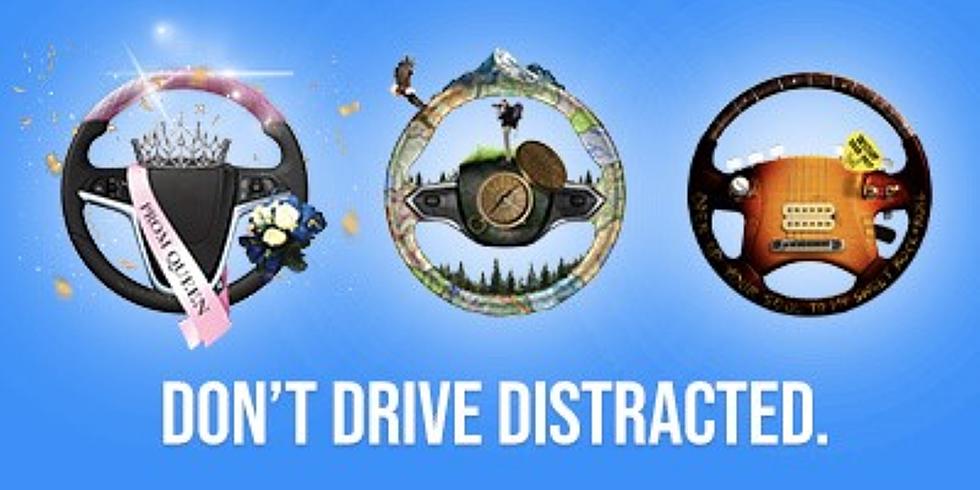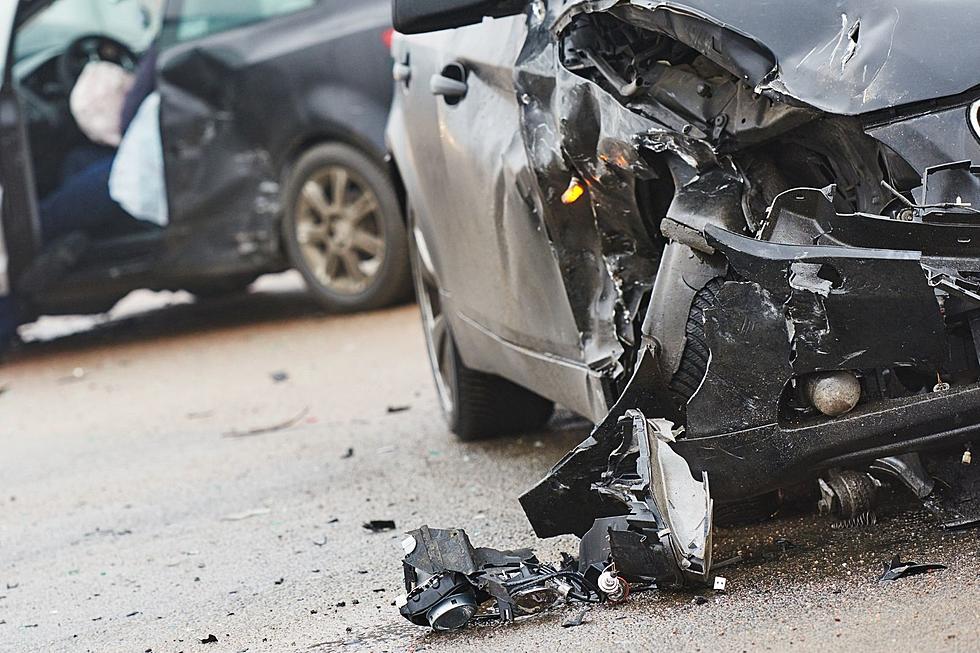
New Hands-Free Warning for Drivers
A new study finds while hands-free technology makes it easier for drivers to do all sorts of things when they’re behind the wheel, their attention may still be dangerously undermined.
Findings from the AAA Foundation for Traffic Safety show dangerous mental distractions exist when drivers are talking on the phone or dictating texts, even if they keep their hands on the wheel and their eyes on the road.
The research found that as mental workload and distractions increase, reaction time slows, brain function is compromised, and drivers scan the road less and miss visual cues, potentially resulting in drivers not seeing items right in front of them - including stop signs and pedestrians.
Cognitive Expert Weighs In
Cognitive distraction expert Dr. David Strayer and his research team at the University of Utah measured brainwaves, eye movement and other metrics to assess what happens to drivers’ mental workload when they attempt to do multiple things at once, building upon decades of research in the aerospace and automotive industries.
“There is a looming public safety crisis ahead with the future proliferation of these in-vehicle technologies, it’s time to consider limiting new and potentially dangerous mental distractions built into cars, particularly with the common public misperception that hands-free means risk-free,” said AAA President and CEO Robert L. Darbelnet.
“This landmark study is eye-opening and sobering. It proves that hands-free is not a safety silver bullet and that talking on a cell phone while driving is dangerous, no matter whether hand-held or hands-free,” AAA Mid-Atlantic spokesperson Tracy Noble added.
The study found tasks such as listening to the radio ranked as a category 1 level of distraction or a minimal risk. Talking on a cell-phone, both handheld and hands-free, resulted in a 2 or a moderate risk.
Listening and responding to in-vehicle, voice-activated email features increased mental workload and distraction levels of the drivers to a 3 rating or one of extensive risk.
To view the full Cognitive Distraction in the Vehicle report, the AAA Foundation’s Research Compendium on Cognitive Distraction or AAA’s Distracted Driving Fact Sheet, you can visit NewsRoom.AAA.com.
More From New Jersey 101.5 FM









